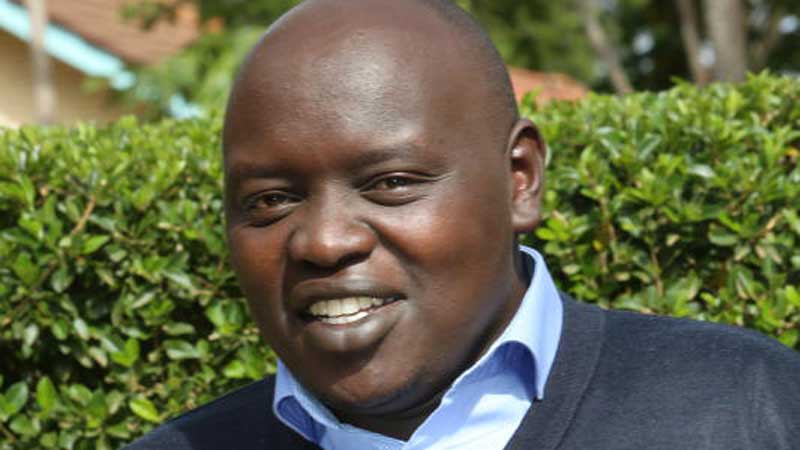×
The Standard e-Paper
Stay Informed, Even Offline

Speaker of the National Assembly will have veto powers to determine the fate of an impeachment motion against the president and deputy president if a Bill introduced in the Senate is enacted.
Respective speakers of county assemblies will also determine the admissibility of impeachment motions against governors, according to the Impeachment Procedure Bill.